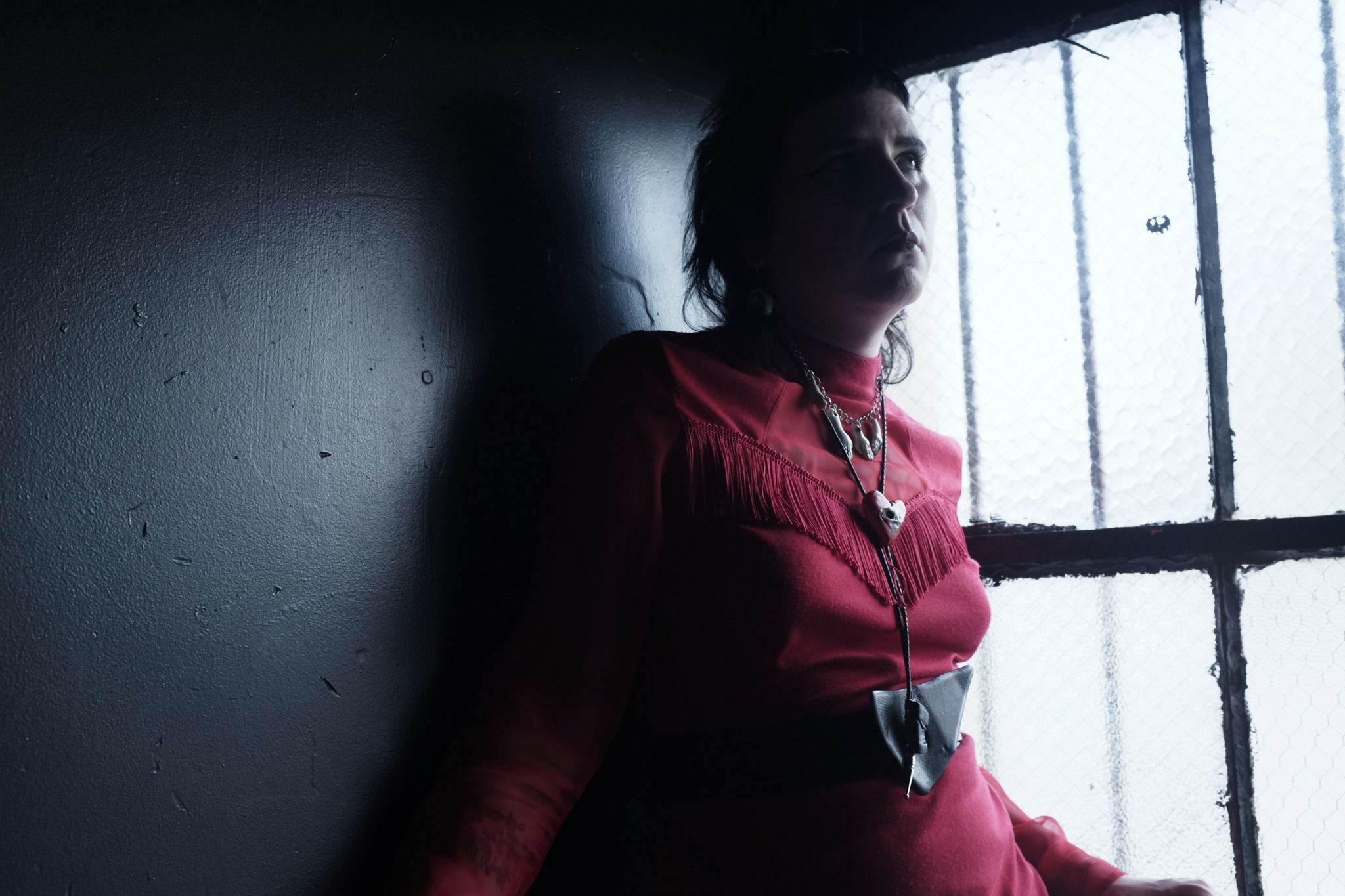We’re excited to introduce you to the always interesting and insightful Charlotte Mccaslin. We hope you’ll enjoy our conversation with Charlotte below.
Alright, Charlotte thanks for taking the time to share your stories and insights with us today. I’m sure there have been days where the challenges of being an artist or creative force you to think about what it would be like to just have a regular job. When’s the last time you felt that way? Did you have any insights from the experience?
I am generally happy to be an artist, if I have the time and space to focus on the actual act of creation. However, I do take my art seriously and often feel separated from it by the disposable nature of the times we live in. Support for musicians is almost nonexistent and I am constantly pushed into roles that I despise – marketer, content creator, social media manager – in addition to all the service industry jobs I’m forced to work to pay rent and recoup the losses of touring. It has reached a point that often when I sit down to work on music, I feel like I’m neglecting all of my “real” jobs. The idea of dropping out of the rat race entirely and making music, with no expectations of anyone hearing it, sounds more appealing every year.
Unfortunately I do like to play for a crowd, and my vision for the songs requires a lot of musicians that need to be paid. We have no booking agent, no management, and no tour support from the label. I do it all myself, and I don’t have the weight of a label or booking roster to throw around, so we make less money than a lot of bands and we have twice as many members. The financial pressures manifest in unexpected ways and create stress within the band. Less money means longer drives in a less comfortable van, it means we share hotel room beds or sleep on floors, it means we have no money for promotion so the shows are more sparsely attended than they could be. The performances start to suffer because we can’t afford to take days off and everyone becomes exhausted. We can’t afford our own sound engineer and due to the size of the band, venues are often overwhelmed when we show up, so they treat us badly.
All these things add up to some pretty extreme stresses, and it all came to a head on our tour this last spring. The band’s violinist Faith and I were about to get married and move from Portland to New Orleans, and the band entered the tour with a lot of existing stresses and a complex web of tensions. The shows were the best they had ever been, but money wasn’t great and we weren’t getting along. I internalized all the tensions and found myself most nights crying in the van an hour before the show. I would play my heart out as people in the crowd wept and sang along to the songs, then get paid a crushingly small amount of money, and soak up more band frustrations on our way out. The dissonance between all these things was overwhelming. Faith and I returned to Oregon with our spirits broken, and our wedding a few weeks away. The week of our wedding, five of our band members quit by text, one at a time, a day apart. Our move to New Orleans was four days after that and we had another two month US tour booked a month later.
I practically begged my fiancee and remaining bandmate to let me throw in the towel, cancel the upcoming shows and effectively end my music career, but they insisted I keep our commitments and do the tour. So we got married, flew to New Orleans, and spent our month off “honeymoon” there finding and training up an entirely new band. We’re now reaching the end of that tour. It’s been a bit of a financial disaster, but the shows have been great and, now that it’s almost over, I am a bit in awe that we made it through. All the upheavals have left me with a feeling that I am free to do whatever I want, and that has translated to a level of creative motivation that I haven’t felt in years. I now think the urge to quit music and start a new “normal” life is just part of my creative process and how I stay true to myself. I don’t think I could ever just have a regular job.
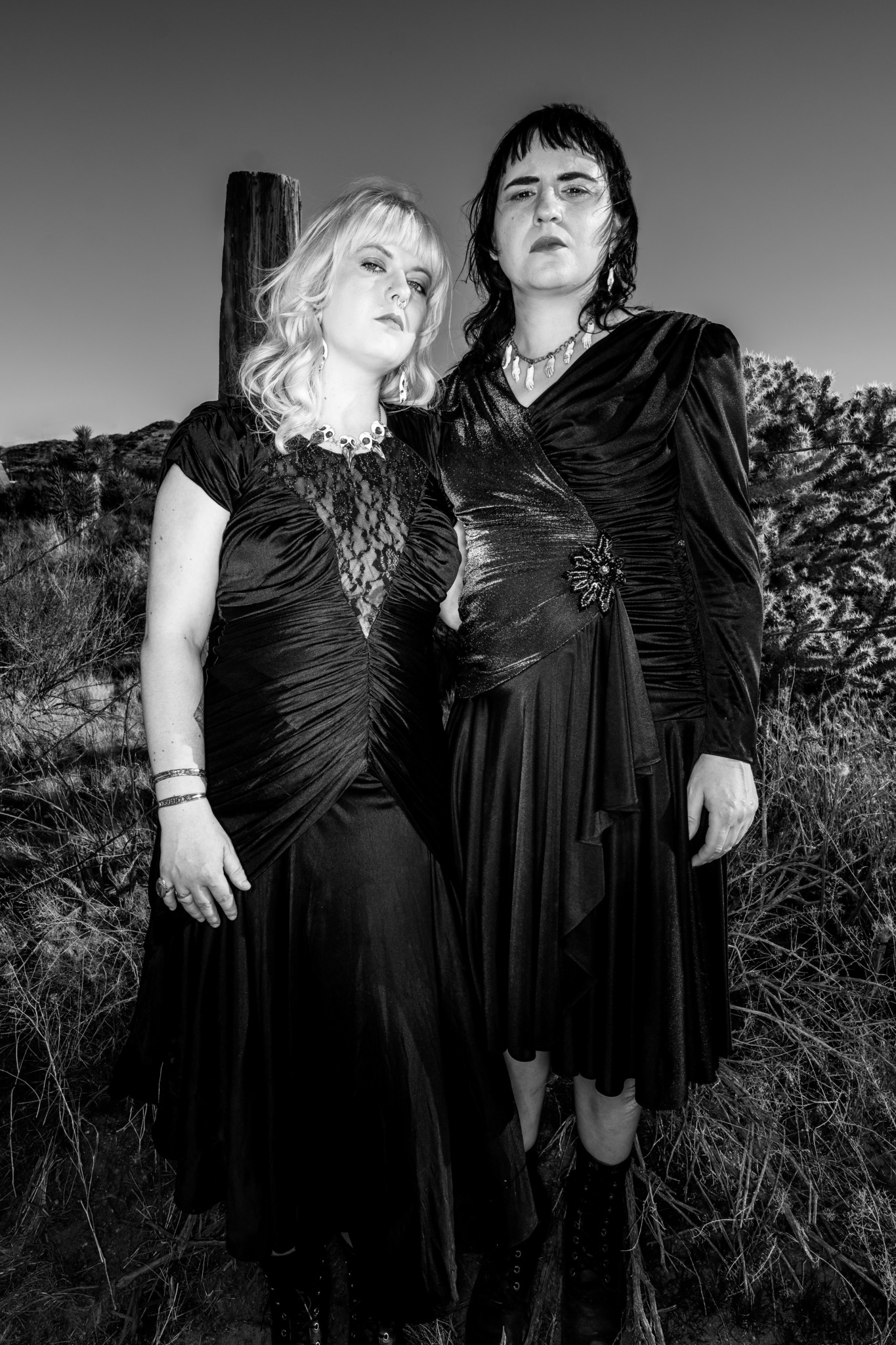
Charlotte, love having you share your insights with us. Before we ask you more questions, maybe you can take a moment to introduce yourself to our readers who might have missed our earlier conversations?
My name is Charlotte McCaslin-Grossnicklaus, and I am the lead singer and songwriter for an international touring band called Roselit Bone. We play an eclectic, cinematic and emotionally intense mix of American, Mexican, and Scottish folk music, with elements of post-punk, classic country, rockabilly, western soundtracks, and many other genres. We tour rather relentlessly with as many as 8 members. I write and arrange all of our music myself, and do all the tour booking, promotion, digital marketing, web design, and video production for the project. I also run an occasional western-style leatherworking and ceramics business.
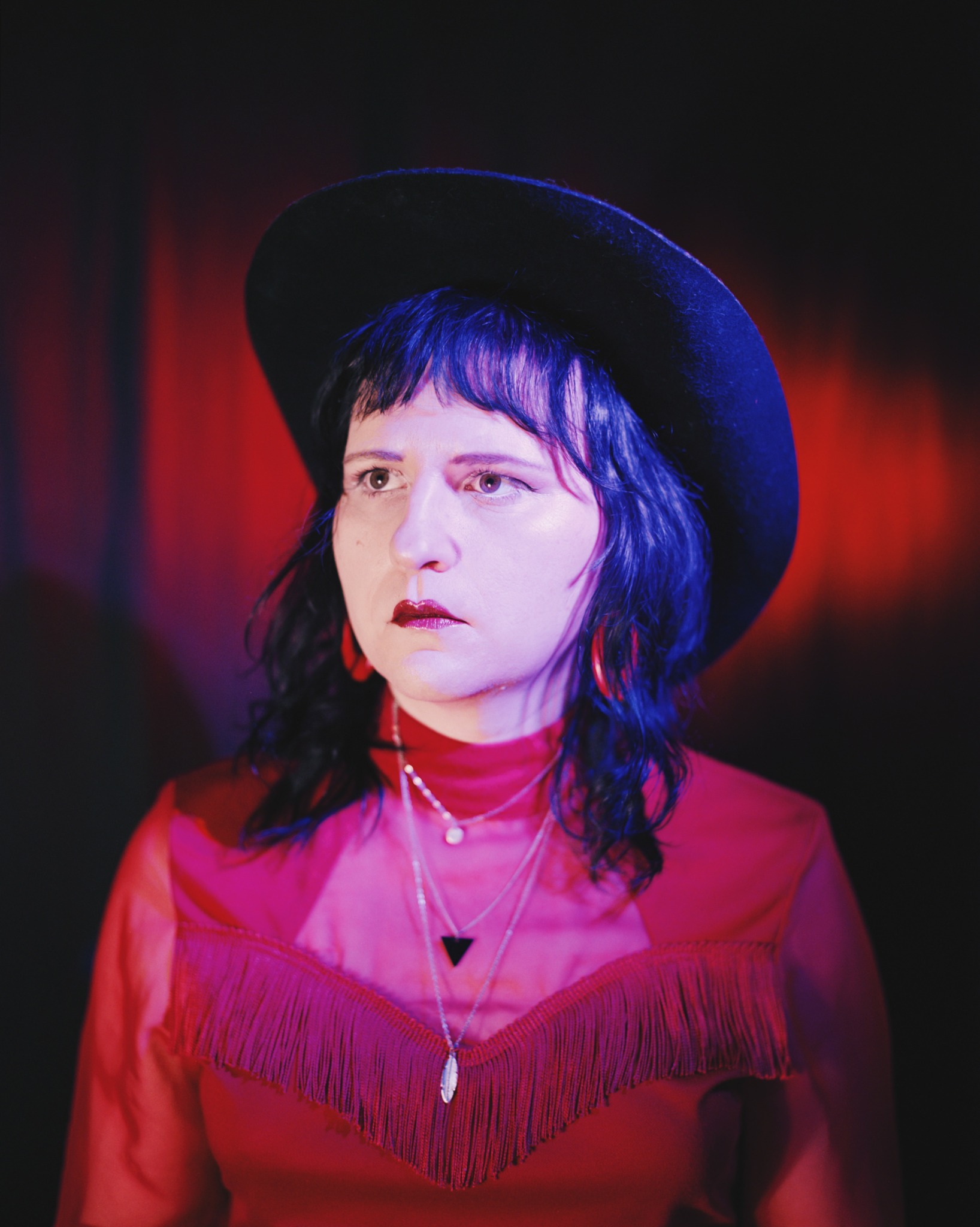
How can we best help foster a strong, supportive environment for artists and creatives?
I think for artists to survive, especially those working on the fringes of what is commercially viable, society as whole needs to make a concerted effort within themselves to reject thoughtless and disposable media. There is an endless stream of “content” vying for our attention, destroying our capacity to feel deeply or give full focus to works of art, and there seems to be very little pushback against this trend from artists or consumers. New ideas of how to monetize art (for example, NFTs) need to be categorically laughed out of the room as the multi-level marketing schemes that they are. If people want to experience the life-giving, transformational power that art and music have to offer they need to look to the past, studying the classics, learning about the history of the art forms they are drawn to. One amazing benefit of our modern world is that all these tools to discovery are at our fingertips, once you escape from the walled garden of social media.
Just as importantly, art should be seen as a public utility and funded accordingly. The only way for artists to make relevant work outside of the machine of social media is through public or private grants that allow them to live for a time without the pressures of day jobs or self-promotion. This is the only way for an artist to truly experience a time and place deeply, learning everything they can from this rare gift of mental space, and distilling it into a public work so others can benefit from their creative journey. This treatment has often been extended to visual and literary arts, but almost never in recent times to music.
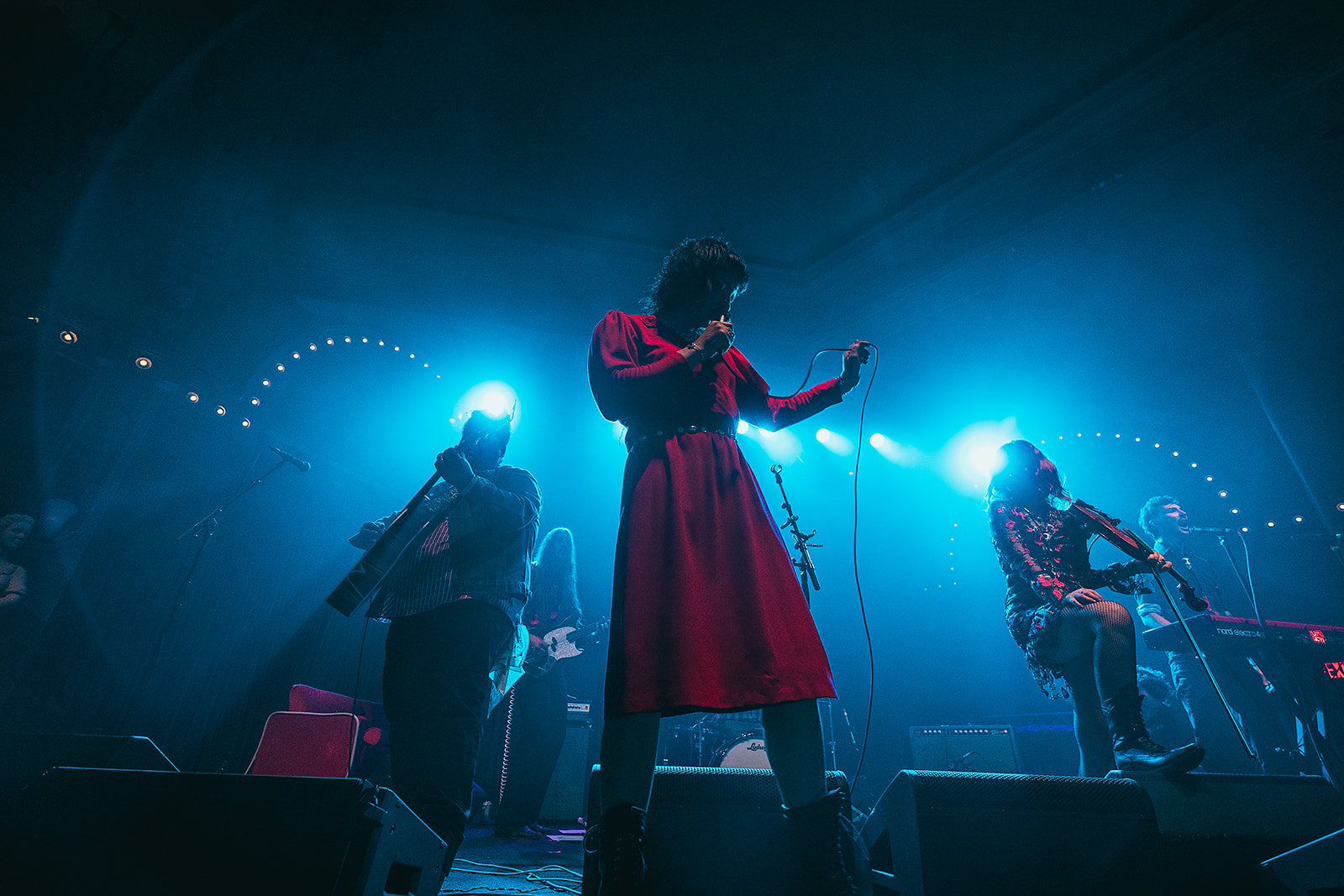
What’s the most rewarding aspect of being a creative in your experience?
The most rewarding aspect of being an artist is the ability to travel between worlds. I am a poor, transgender, noncommercial artist but the nature of my work allows me access into places that would I would otherwise be barred from, I have been able to travel extensively from ruined cities to mansions to desert roadhouses to Scottish castles, experiencing a rare cultural and emotional exchange with the people I meet and turning what I learn into new works, furthering the journey.
Contact Info:
- Website: https://www.roselitbone.com
- Instagram: https://www.instagram.com/roselitbone
- Facebook: https://www.facebook.com/roselitbone
- Youtube: https://www.youtube.com/@roselitboneofficial
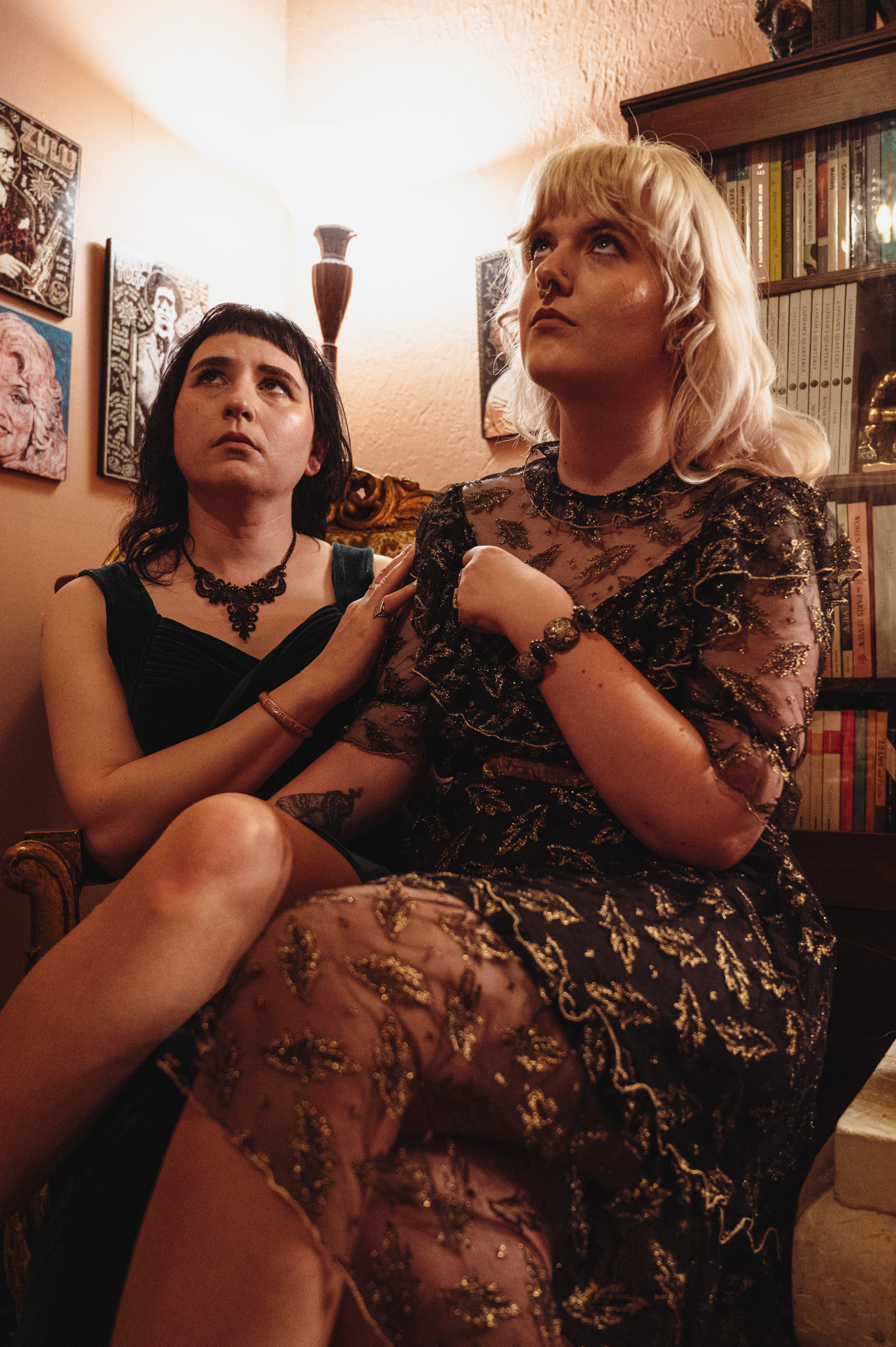
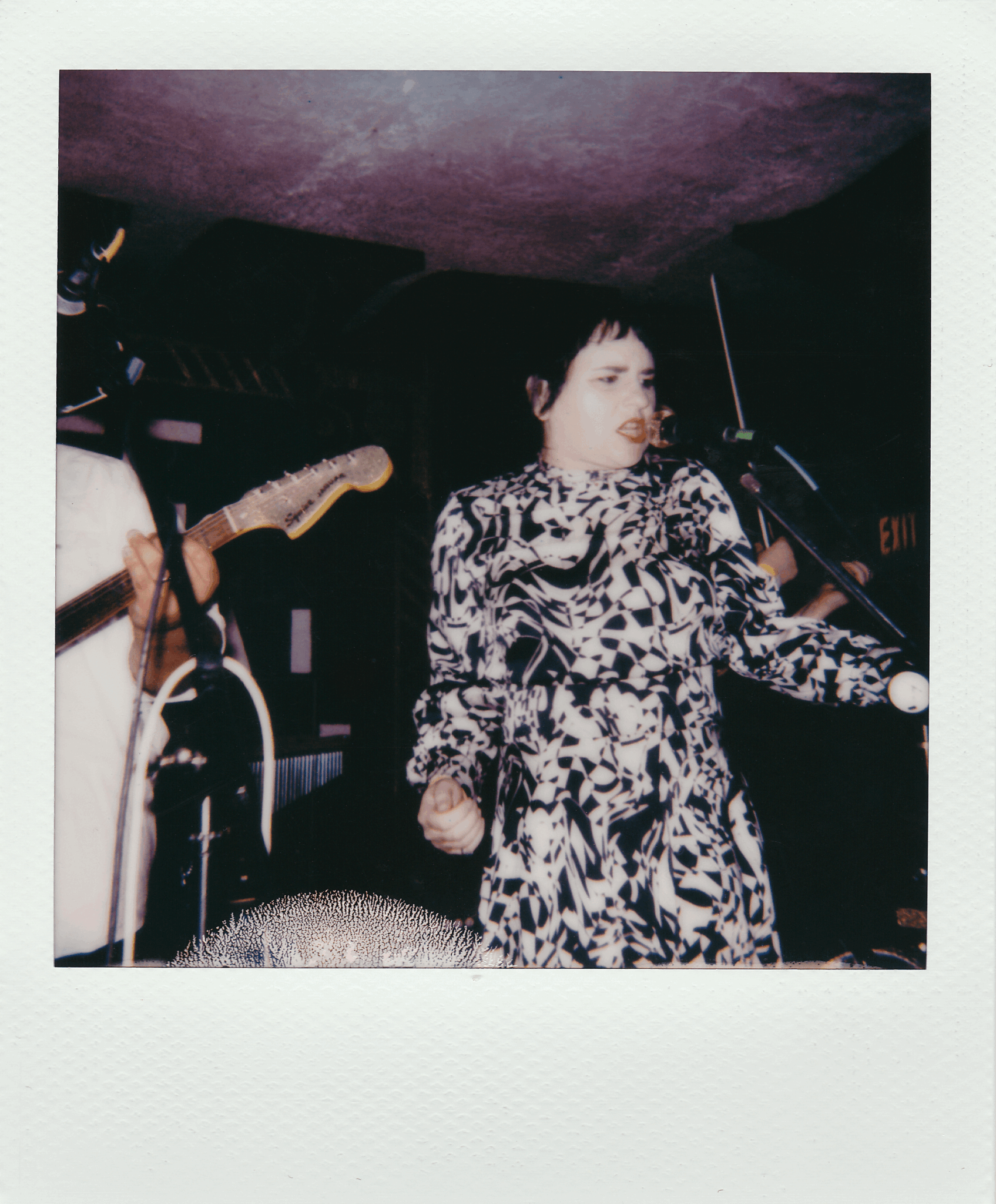
Image Credits
Sye Williams
Danny Dodge


